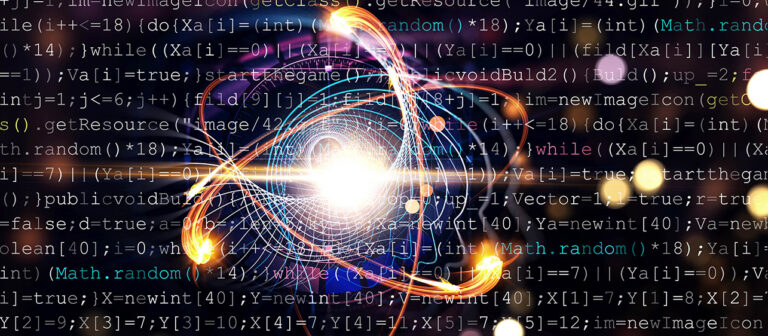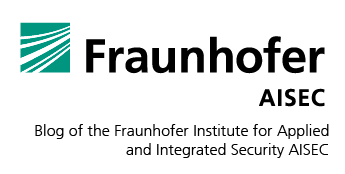
Towards Classical Software Verification using Quantum Computers
In this post, we explore the possibility of accelerating the formal verification of classical programs using quantum computers. Common programming errors, such as null-pointer dereference and out-of-bound access, are prevalent sources of security flaws. Our approach involves generating a Satisfiability (SAT) instance from code snippets, which is satisfiable if the undesired behavior exists. This instance is then converted into an optimization problem, solved using quantum algorithms, thus potentially achieving asymptotically polynomial speedup.


